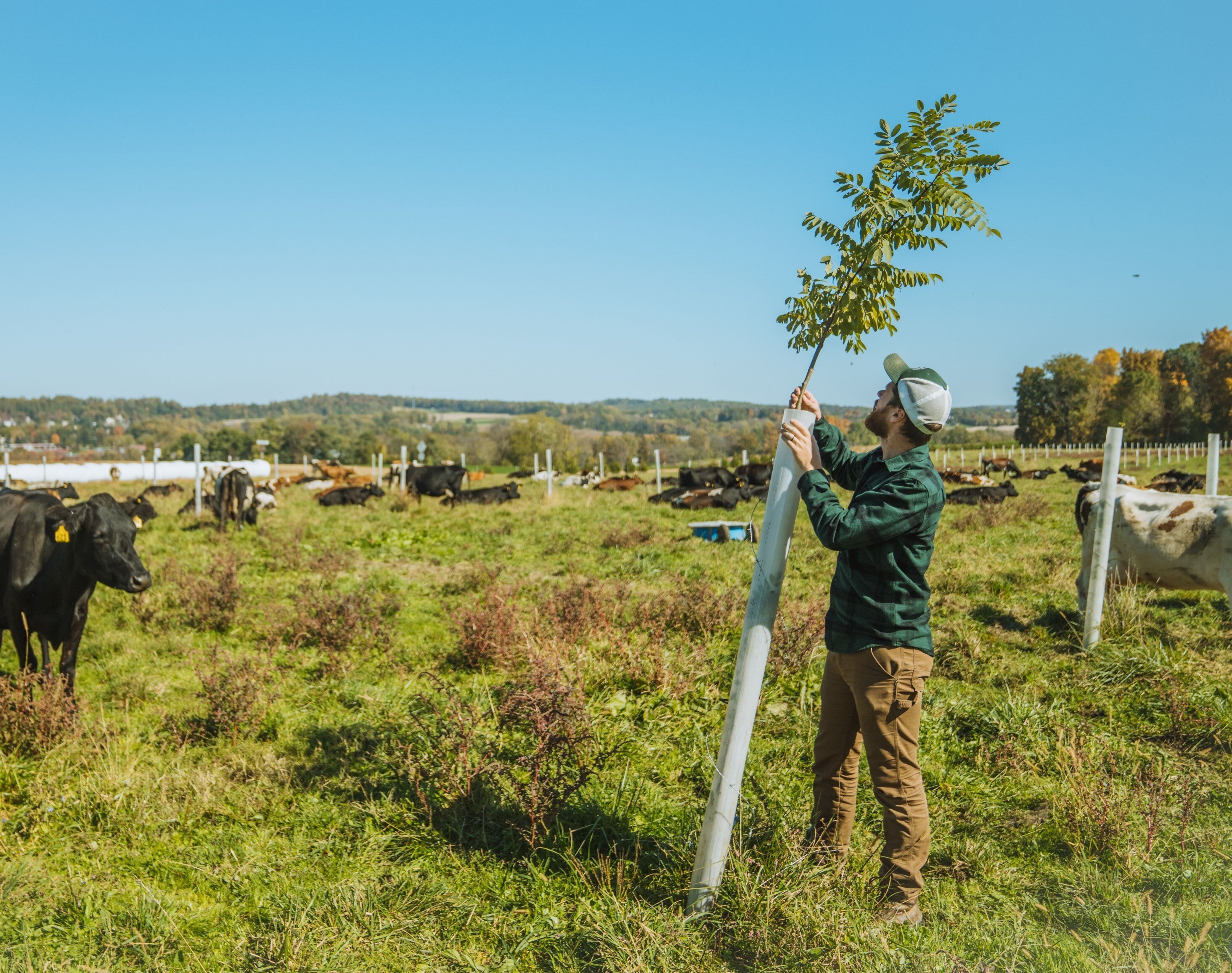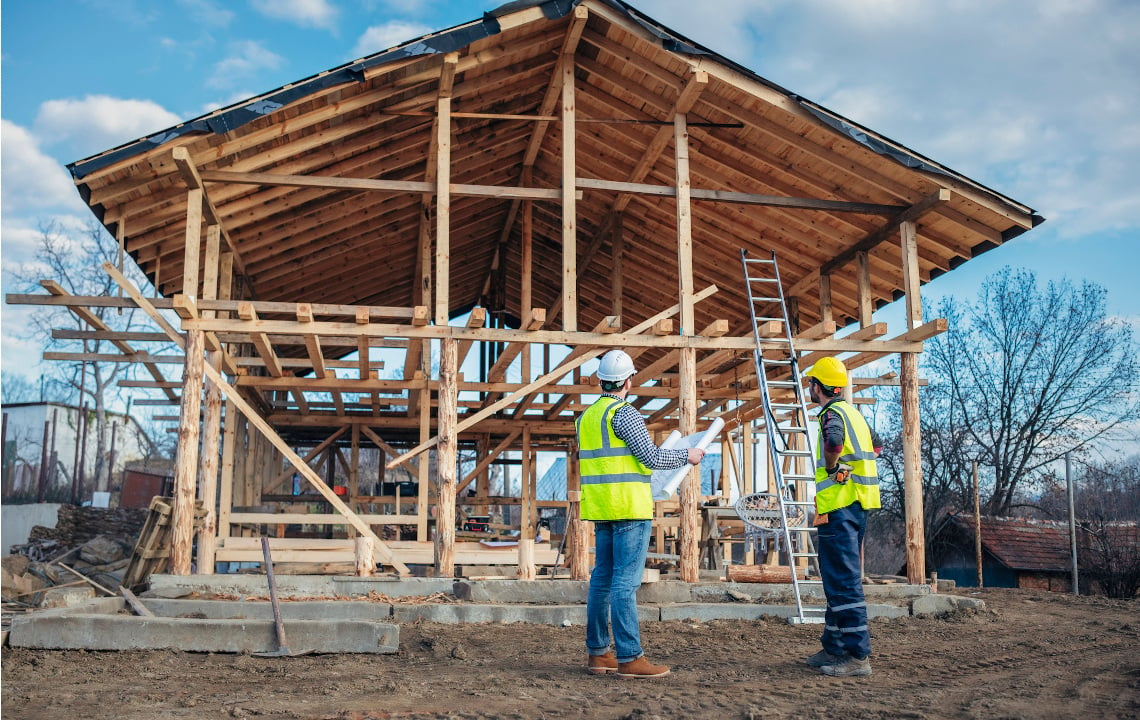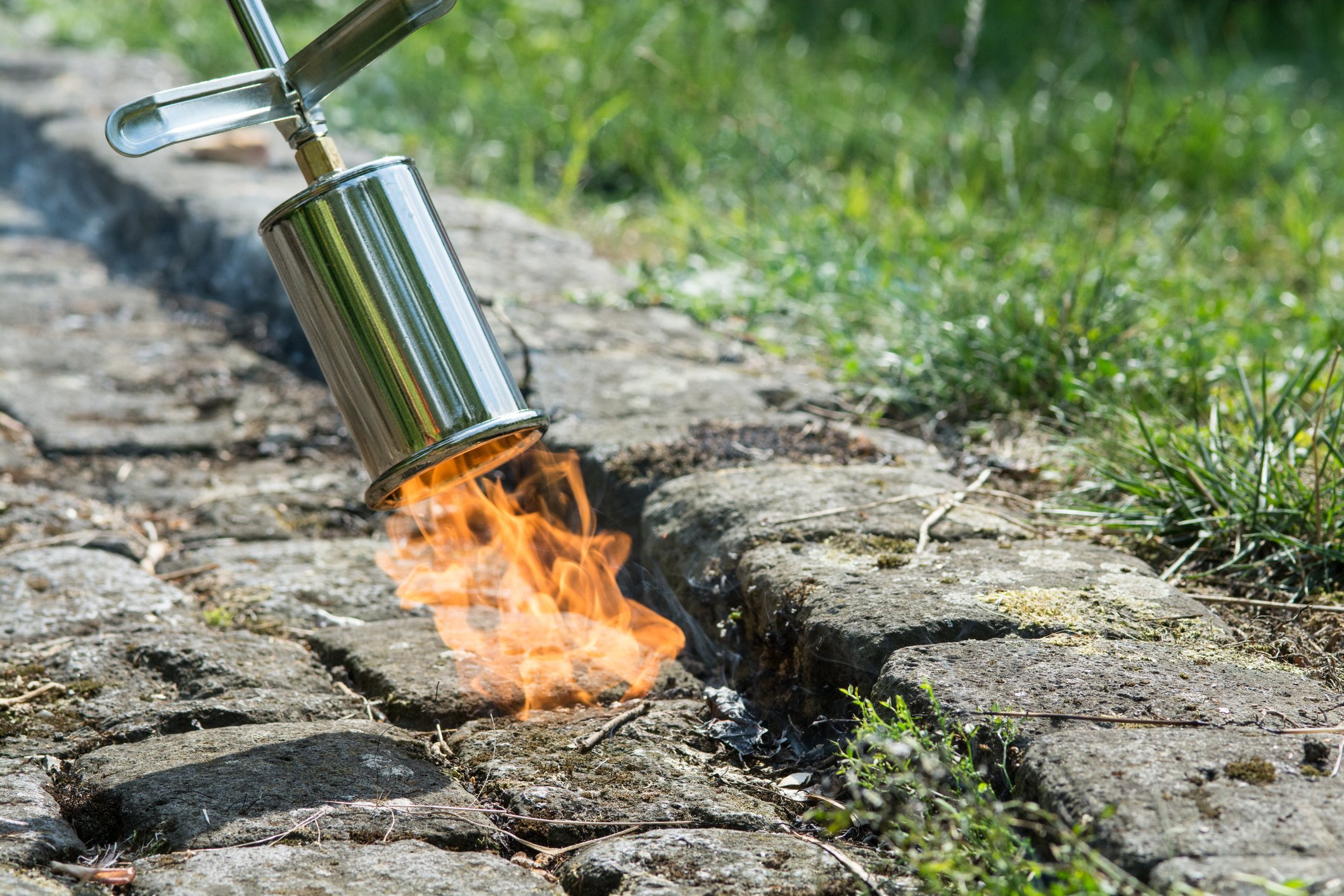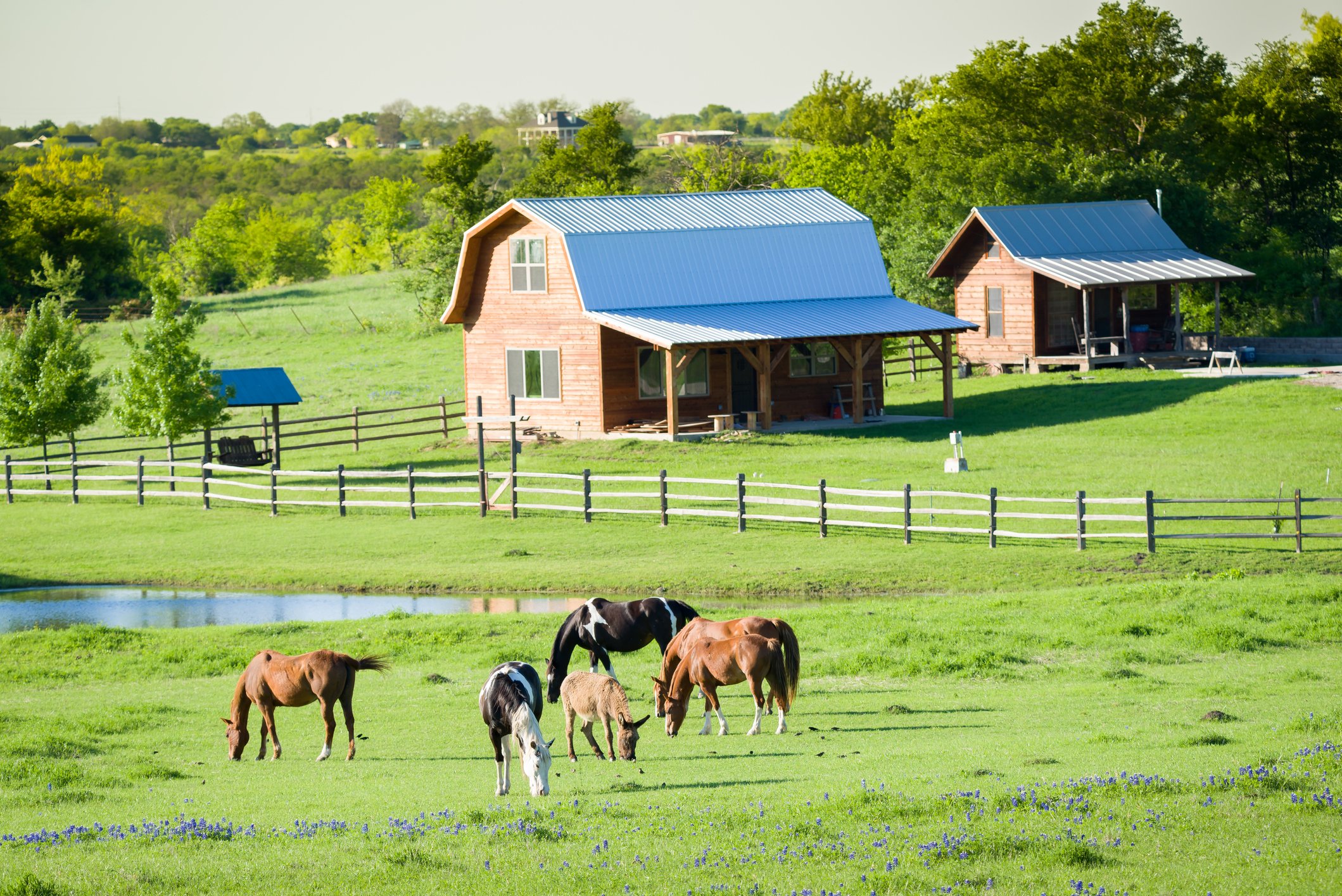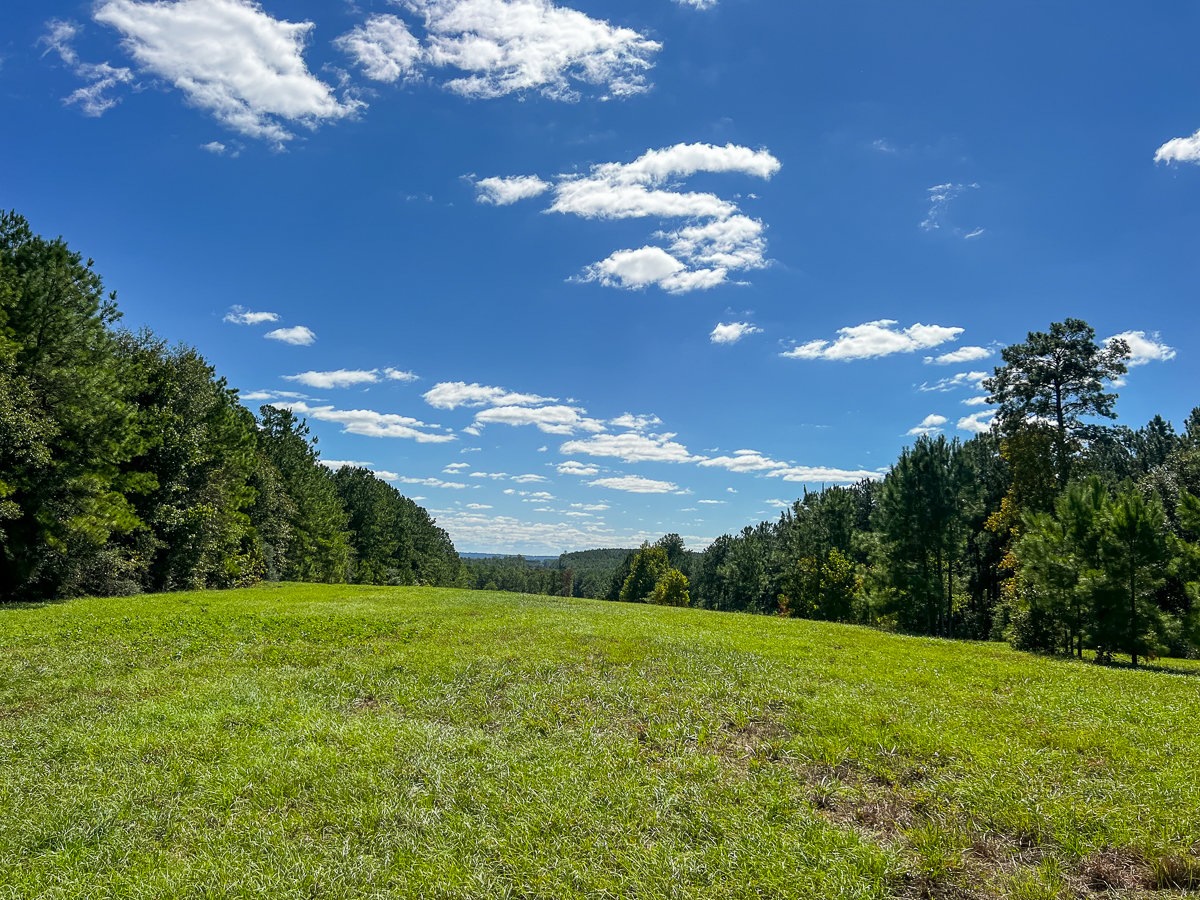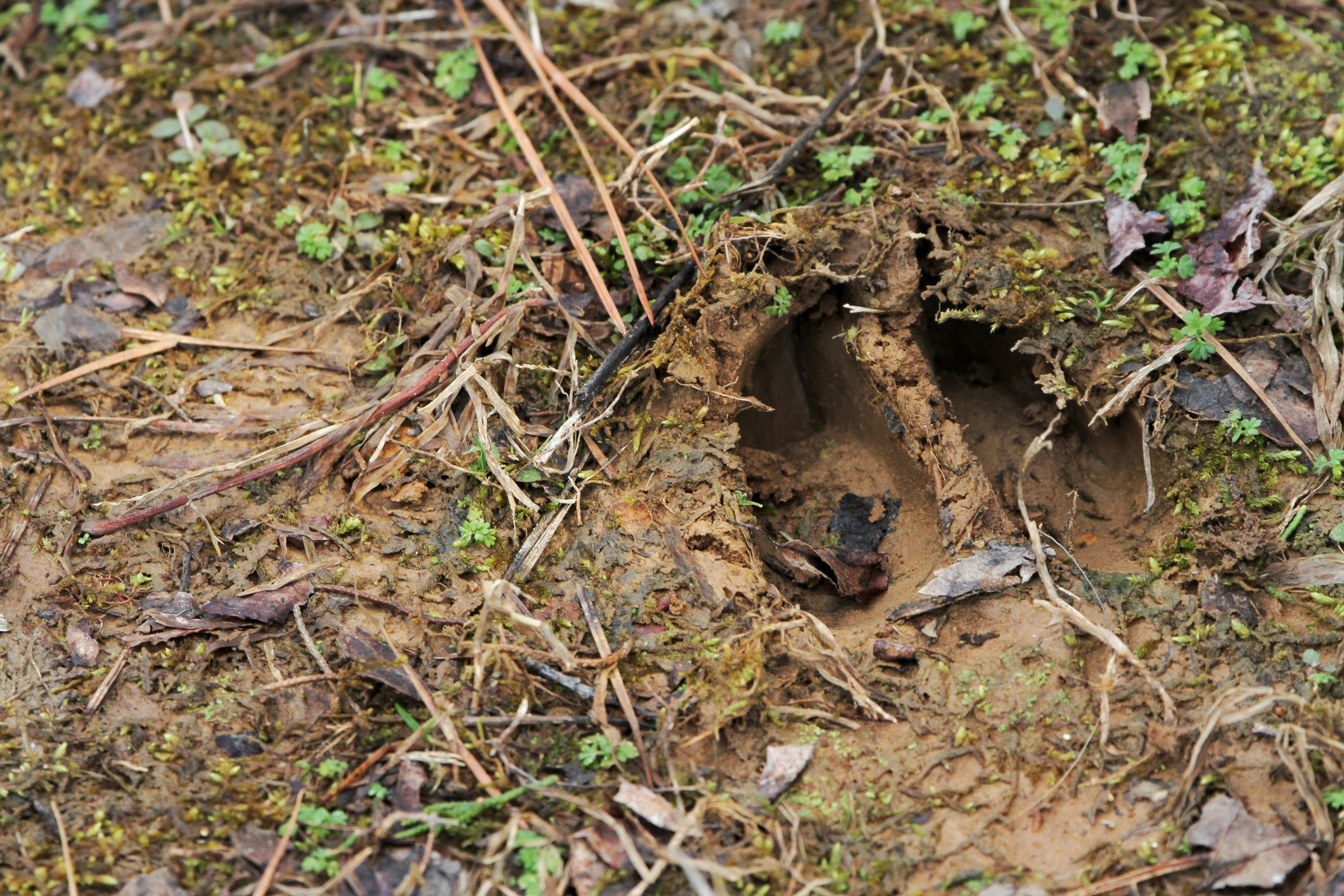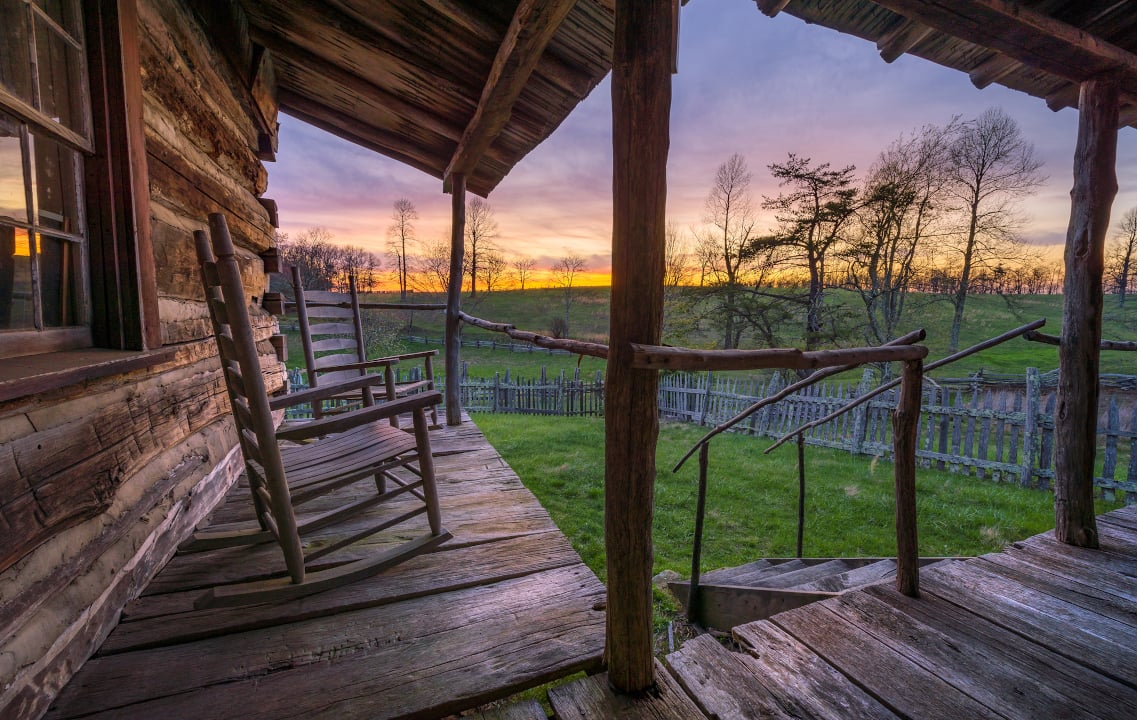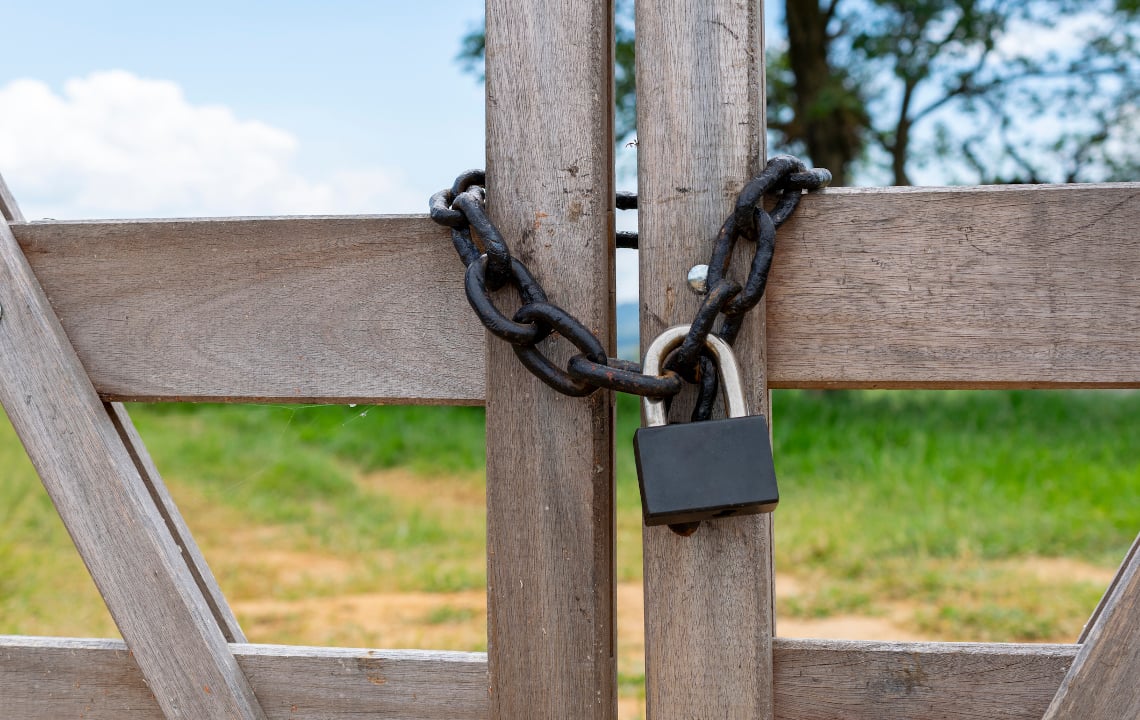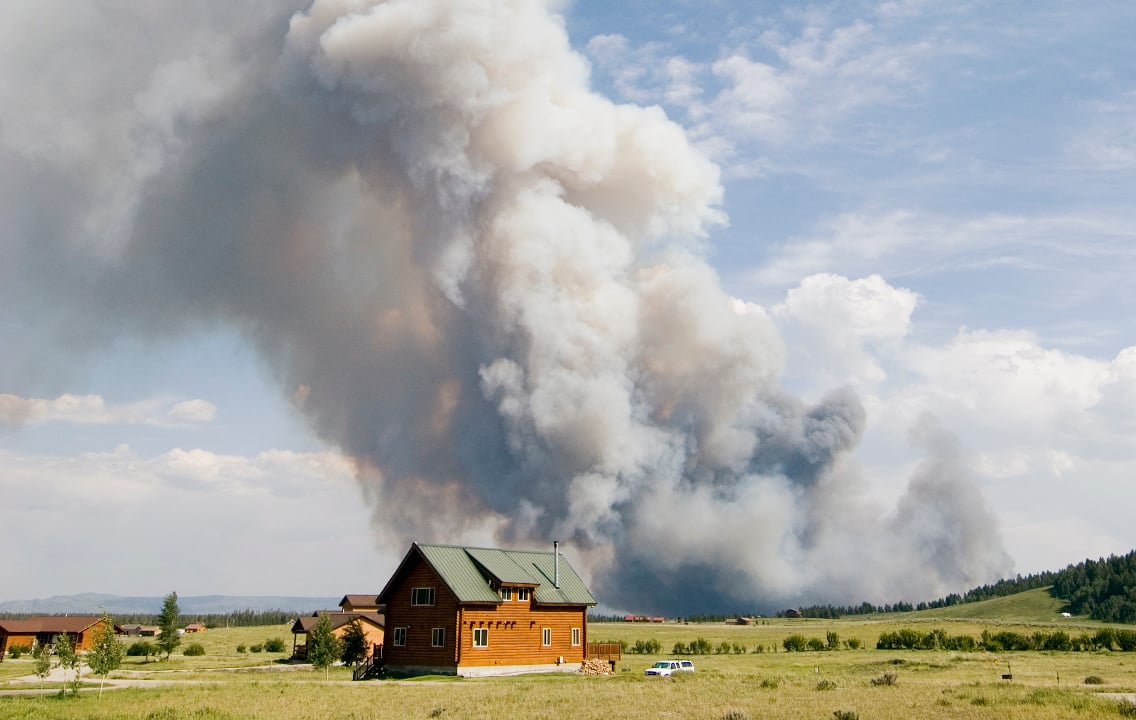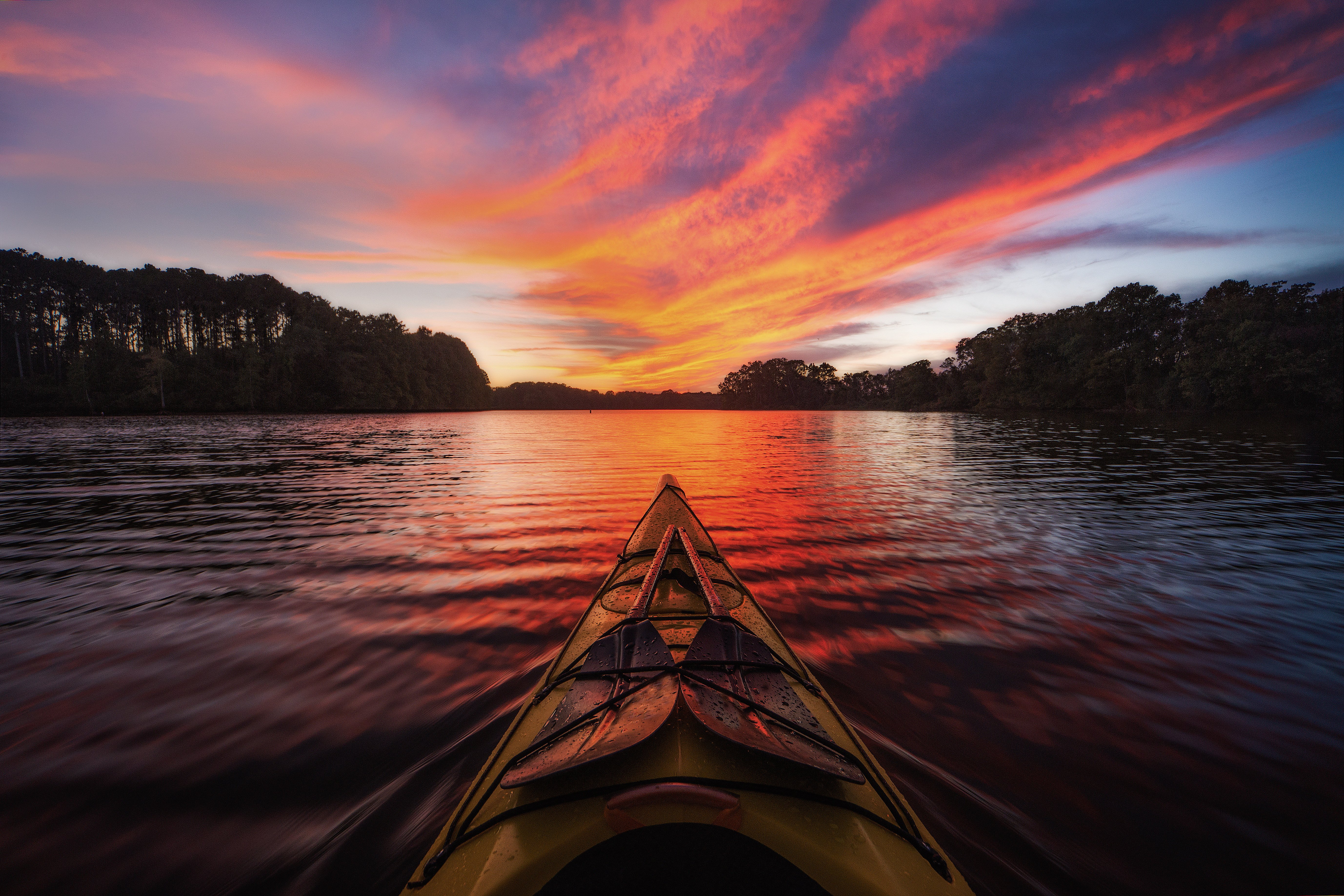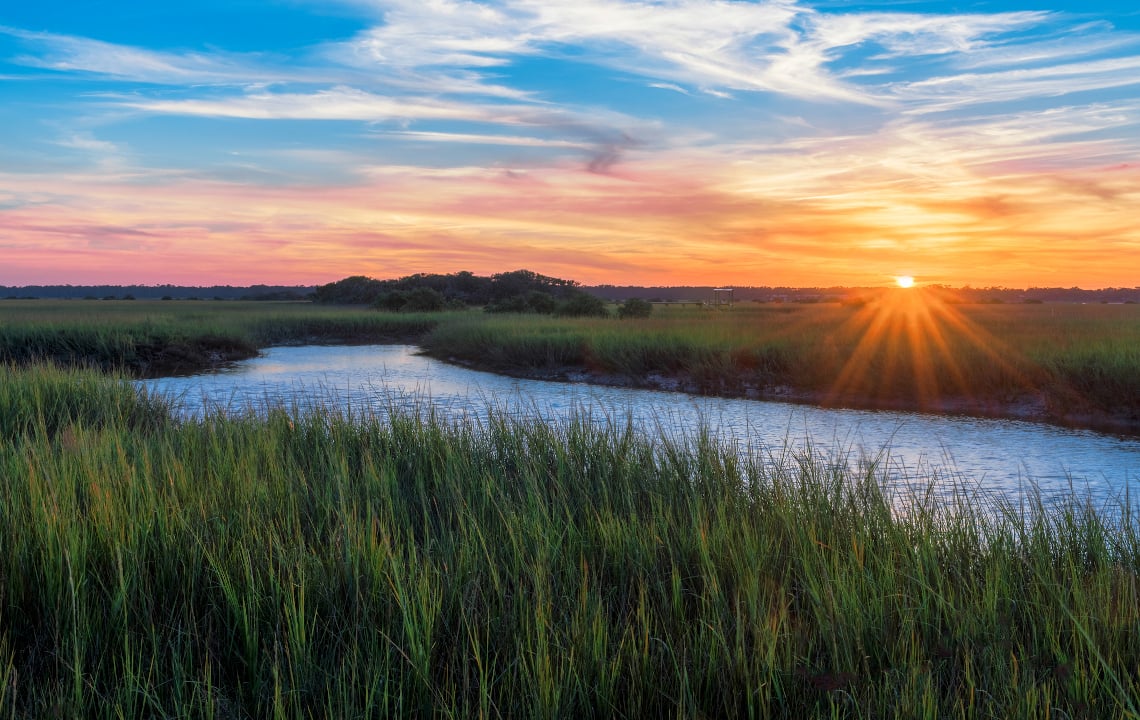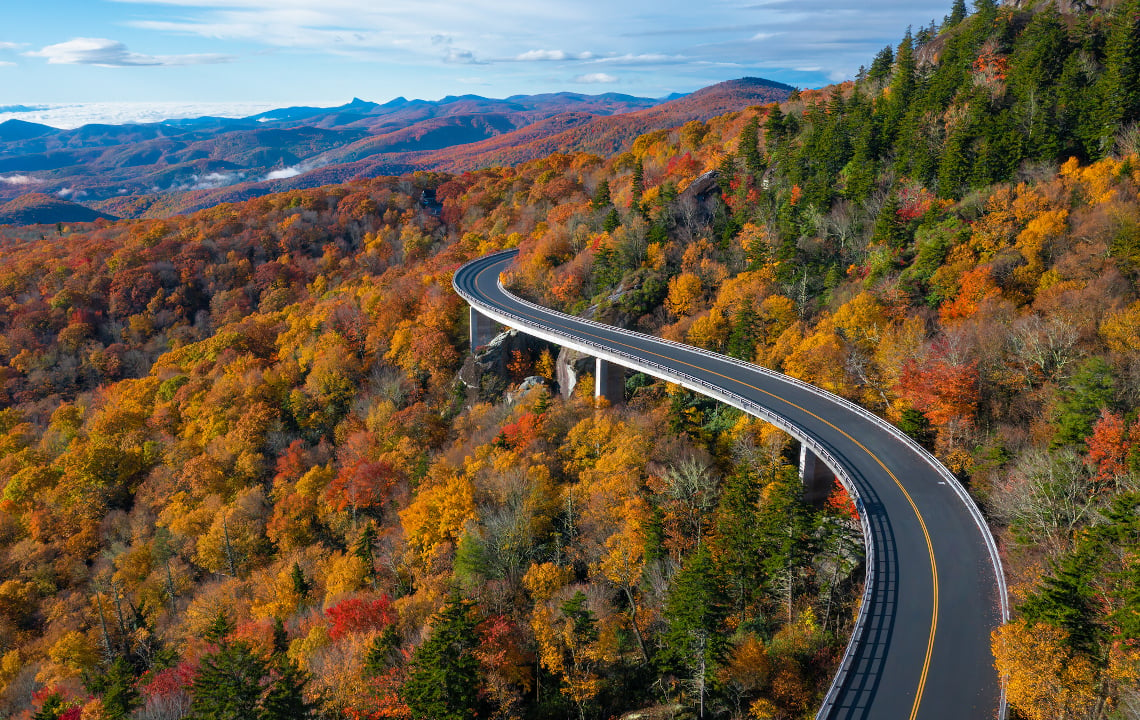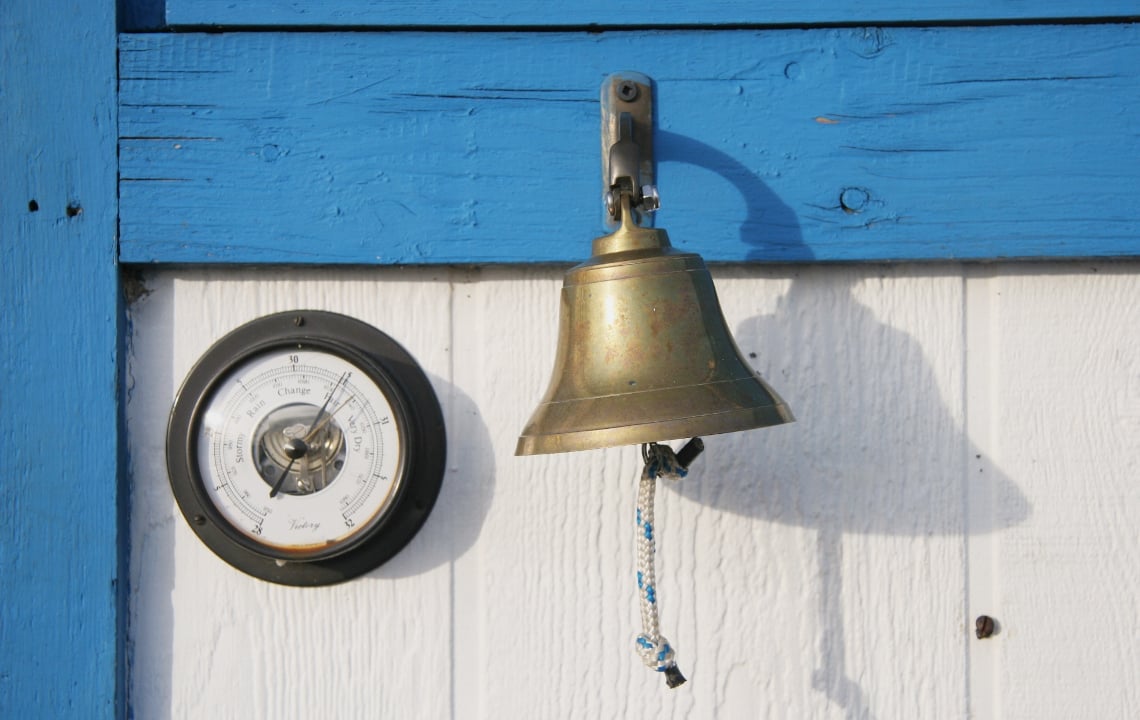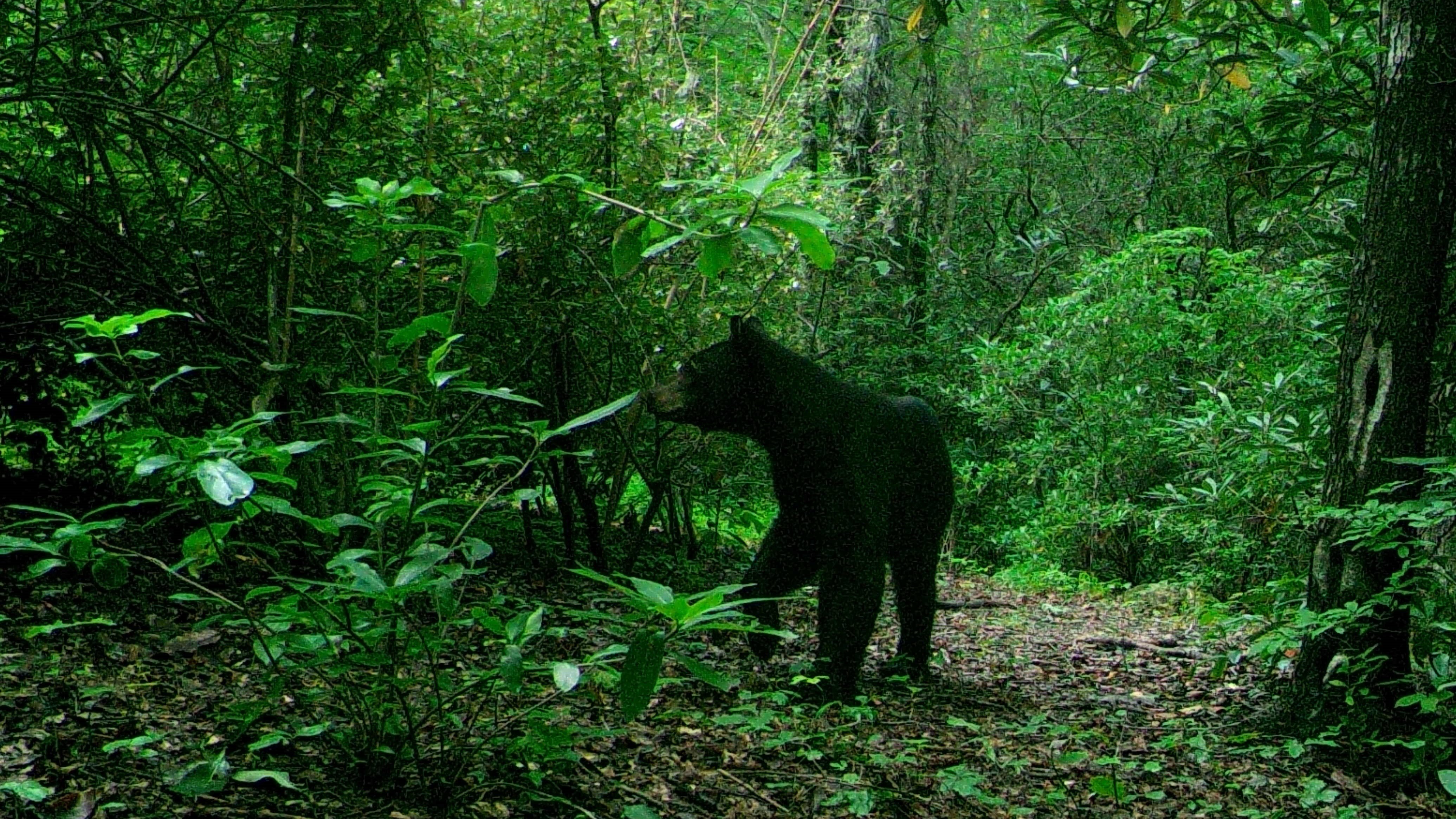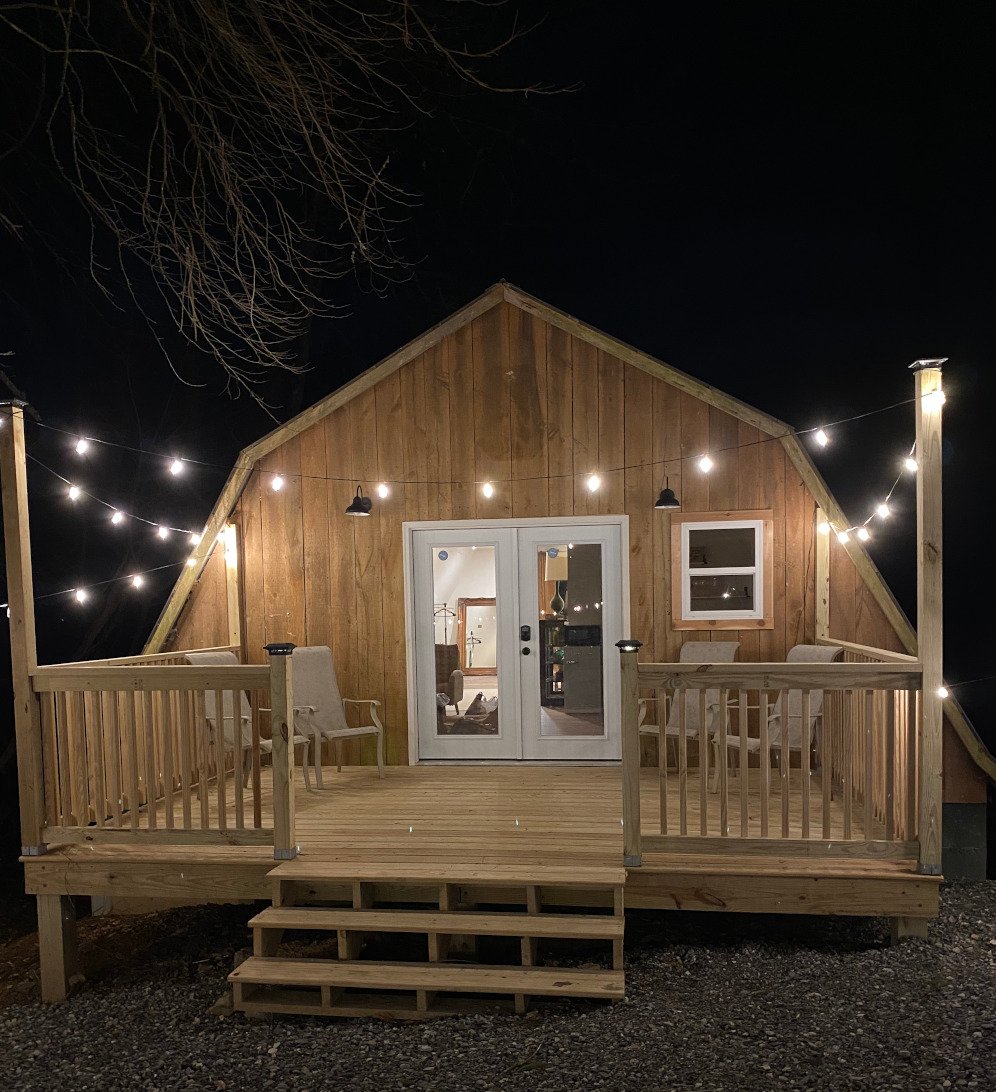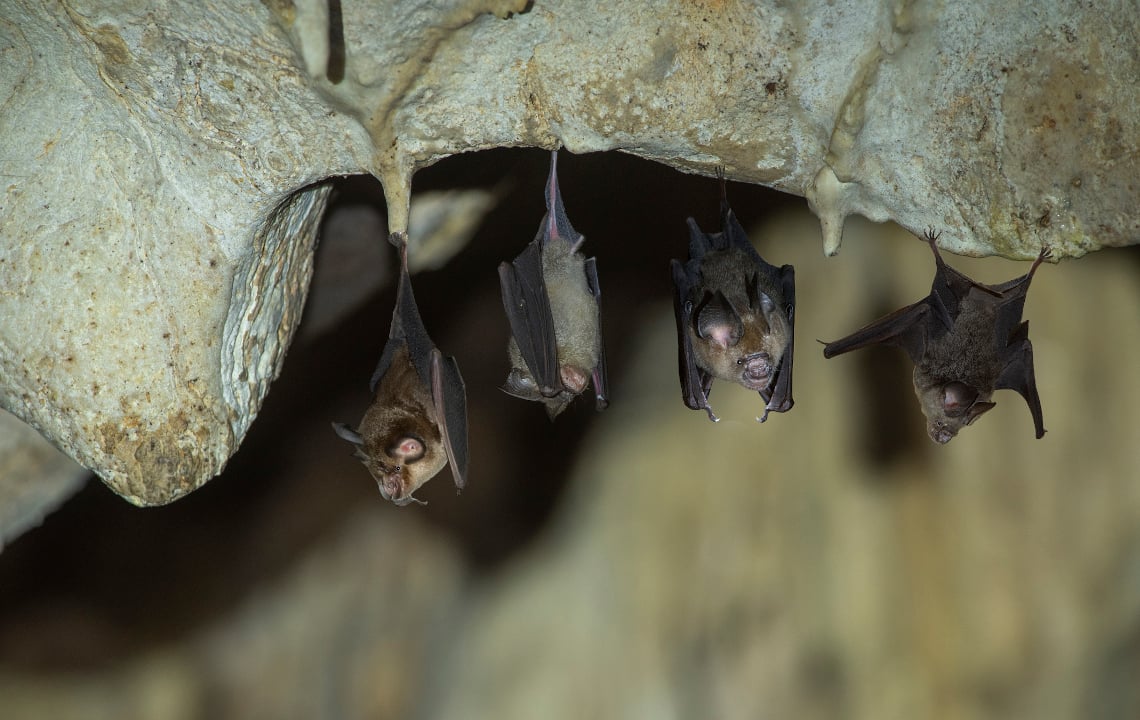This state’s diverse features—from Appalachian forests to open prairies to Gulf Coast beaches and bayous—make it the perfect haven for pursuing an outdoor lifestyle. Check out these reasons why outdoor lovers should buy land in Alabama.
With so many Americans moving to small towns and rural communities to simplify their lifestyles and connect with nature, it might seem like all the good places are taken.
Property listings appear but then vanish within days. In-migration and buyer demand have pushed prices up in many Southeastern states.
But there are still hidden gems in places like Alabama, where the cost of living is low, and land prices are reasonable.
Keeping costs down means more time for hiking, fishing, hunting, kayaking and exploring nature’s wild beauty in a state committed to conserving its abundant natural resources.
Here, we explore the reasons outdoor and nature lovers should consider buying land in Alabama.
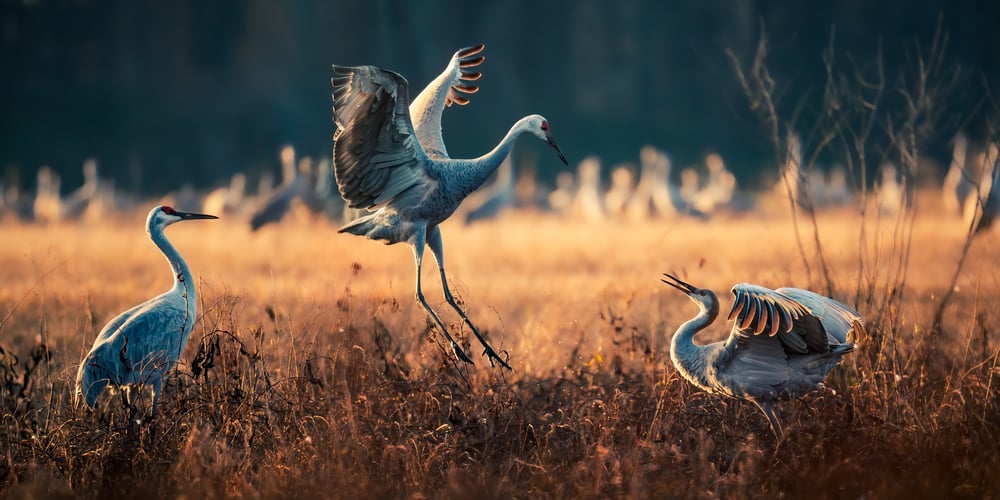
Moving to Alabama: Cost of Living and Land Prices Per Acre
Alabama ranks second in the nation for affordability, according to the U.S. News & World Report. This ranking is based on cost of living calculations that compare the prices of goods and services across states.
Real estate is less expensive in Alabama than in neighboring states, too. The United States Department of Agriculture (USDA) calculates the average cost per acre of land throughout the country using the categories of farmland, cropland and pastureland.
Compared to other Southeastern states Alabama land is more affordable in all three categories, ranging from 16 to 38 percent less expensive on average.
Alabama is Rich in Natural Resources and Outdoor Recreation
Alabama reaches from the southern terminus of the Appalachians to the Gulf of Mexico, making it home to a wide range of landscape features and ecosystems.
There are mountains, foothills, prairies, marshes and beaches to explore — and this variety supports abundant plant and animal life.
Alabama ranks fourth in the country for biodiversity and has the most freshwater species of any state.
Alabama is home to four national forests, three wilderness areas and 21 state parks, with all the regular outdoor activities (hiking, fishing, camping) and several unique ones (caving, bat watching and alligator hunting).
This breadth of opportunity is likely to increase, especially given the rising interest in outdoor recreation in recent years.
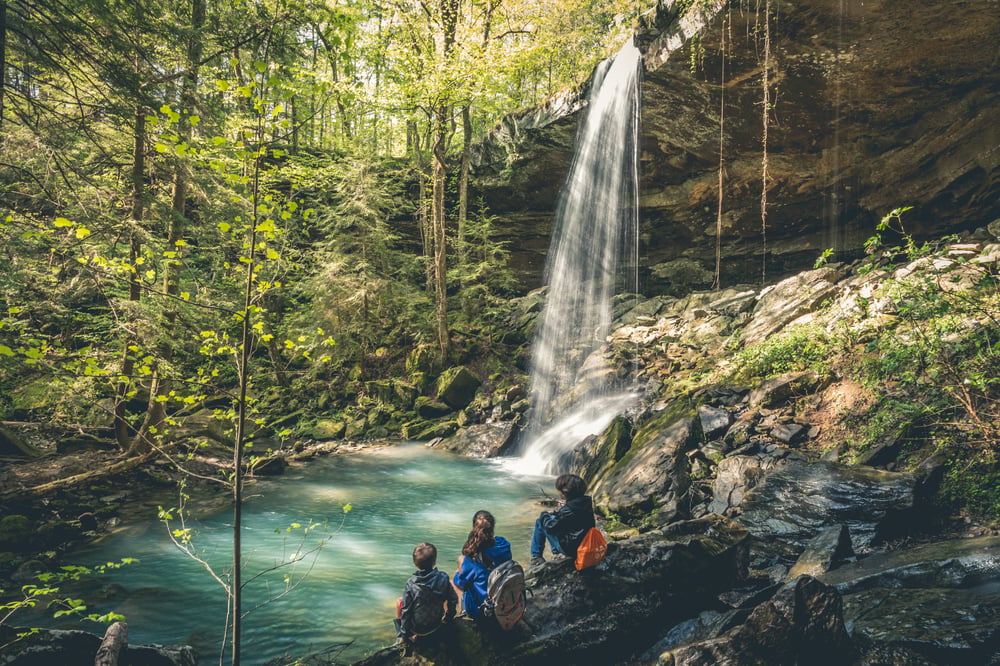
Investing in Land Access and Conservation in Alabama
Many of Alabama’s agencies are working to conserve and enhance the state’s natural assets.
Alabama’s Department of Conservation and Natural Resources (ADCNR) oversees more than $1 billion in projects funded through the Deepwater Horizon settlement.
Some of these projects are:
- Creating artificial reefs to restore oyster populations
- Building a sea turtle triage facility
- Connecting wildlife management areas in the Perdido Bay area
- Acquiring land for recreational access (hiking, hunting, birding)
The state’s Forever Wild Land Trust works to provide public land access for hunting and recreation and has secured more than 284,000 acres of conservation land since it was established by constitutional amendment in 1992.
Alabama is Keeping Outdoor Heritage Alive Through Education and Mentoring
ADCNR started an Archery in the Schools program in 2003 when they made archery part of the physical education program at 16 Alabama schools. Now, 400 schools have archery programs that teach kids in 4th through 12th grades about the history of the sport while instructing them in the Junior Olympic Archery Development style.
Adults in Alabama can connect with their outdoor heritage through programs designed for new hunters and anglers.
ADCNR has a program for adult-onset hunters that teaches firearms safety, scouting, hunting, game cleaning and cooking. It also pairs new hunters with “veteran mentors” for one-on-one support.
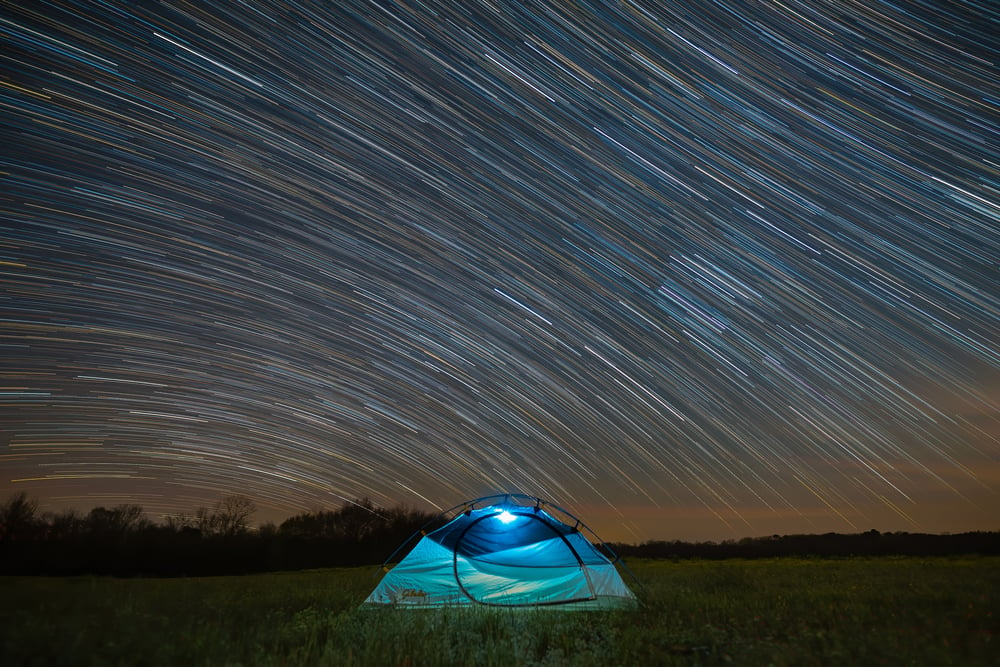
Alabama Has Something For Every Outdoor Lifestyle
It’s impossible to share all of the outdoor options Alabama offers in one article, but here is a sample of what’s available.
For hunters:
- 1.3 million acres of public hunting land
- Game species include: white-tailed deer, wild turkey, wild pig, dove, waterfowl, alligator and Sandhill crane
For anglers:
- Freshwater fishing: bass, sunfish, crappie, pickerel (and more)
- Saltwater fishing: red drum, red snapper, cobia, king mackerel, flounder, striped bass, yellowfin tuna (and more)
- Alabama is home to three of the 25 best bass lakes in the Southeast
On the water:
- Coastal and freshwater boating access
- Whitewater paddling
- Canoe trails
Birding:
- Bird species: 430
- Official birding sites: 280
For lifelong learners:
- Five Rivers – Alabama’s Delta Resource Center
- Learning about Alabama’s five rivers that meet in Mobile Bay
Camping:
- Primitive and modern sites at state parks
- Tent and RV sites in national forests
- “Glamping” (glamorous camping) across the state
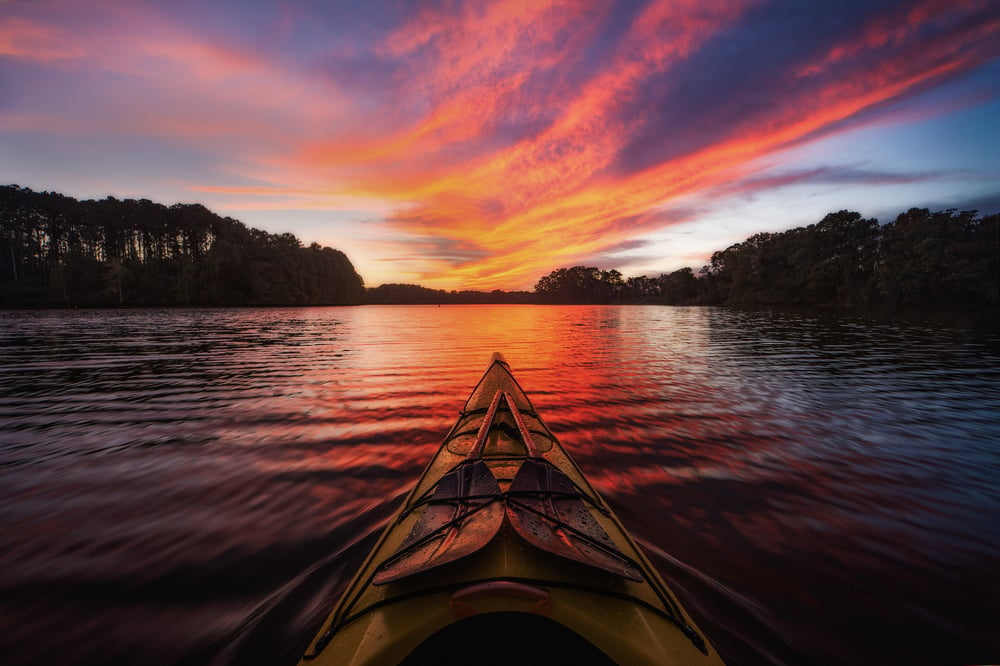
Adventures begin off the beaten path
Because it isn’t (yet) highlighted on the map as a relocation state, Alabama is an affordable option for adventurous souls who want to maximize their time in the woods and on the water, living a life more connected to the natural world.
Looking for land for sale in Alabama?
Click the banner below to explore available properties in beautiful rural locations.


.jpg?width=1140&name=OutdoorLoversBuyLandAlabma_Lead_Michael%20Vaughn%20Jr.%2c%20Sunset%20at%20Fairhope%20pier%20on%20Mobile%20Bay(1).jpg)


